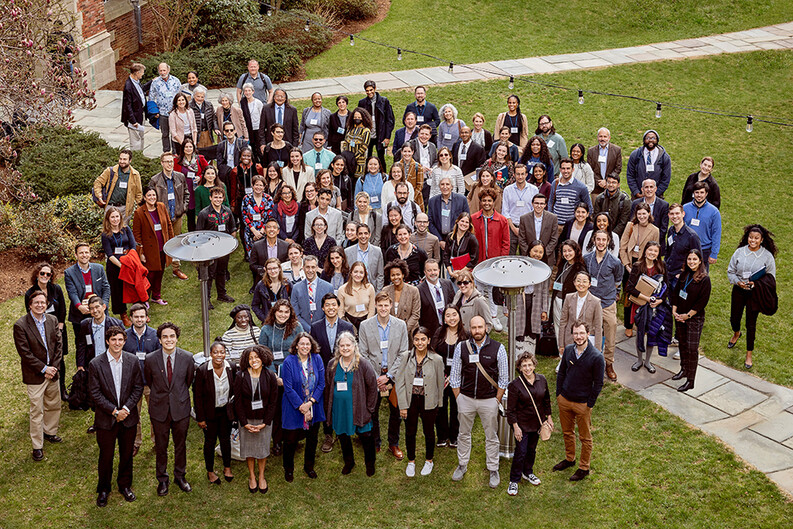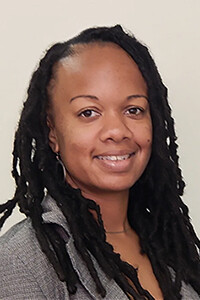Q&A: Liman Center Director Jennifer Taylor on Building Community

Jennifer Taylor ’10 became the new Director of the Arthur Liman Center for Public Interest Law4 in May. Previously, she was a Senior Attorney at Equal Justice Initiative in Montgomery, Alabama. While a student at Yale Law School, Taylor was a member of the Prison Legal Services and New Haven Legal Assistance clinics, as well as a co-convener of the Liman Workshop.
What inspired you to become the Director of the Liman Center?
When I was a law student, YLS sometimes felt like a perpetual choice between clinical advocacy and theoretical academics. The Liman Center did a remarkable job of making that choice feel both unnecessary and impractical. In the 12 years since I graduated, as YLS’s clinical offerings and centers have expanded and its faculty has grown somewhat more diverse, the Liman Center remains deeply rooted in both the research and the legal practice of advancing justice and equity through law. My post-law school career also grew deep roots in both those arenas, and returning to YLS as Director of the Liman Center felt like an irresistible opportunity to contribute to the Center’s work while connecting with students who can get some encouragement or motivation from the path I’ve taken.
What experiences at YLS and beyond have prepared you for this position?

My exposure to the Center as a student prepared me with some knowledge of the scope of Liman projects and programs, but the experience I gained at the Equal Justice Initiative — providing legal representation to men, women, and children incarcerated in prison or on death row and completing research and narrative work on issues of historical racial injustice — is my deepest well of resources. I’m returning to YLS with a much clearer sense of how broad the role of “lawyer” can be, and how creatively we must define and use our “legal skills” to meet the challenges ahead. I’m excited about the ways that co-teaching the Research for Reform5 and Liman Workshops6 courses will be a chance to share those lessons and experiences, and to probe them in discussions I predict will educate me as much as anyone else in the classroom.
What is your favorite aspect of the job?
So far, I have loved connecting with past and current Liman Fellows7 and current law students, all of whom share a contagious excitement for the work they are doing and issues they are studying. Administering a program as generous and well established as the Liman Fellowship is a chance to join a network of more than 170 Fellows doing fascinating work around the country and beyond.
What do you hope to accomplish during your first year?
On one hand, because this is such a dynamic and multifaceted role, I mainly want to end the first year feeling settled into doing the job completely, effectively, and with my own rhythm. At the same time, my most tangible goal is to connect and build relationships with the Liman network of alumni and Fellows that now spans 25 years. I want to get to know the Liman community so well over the next eight months that the Center’s April 2023 Colloquium feels like a reunion.
Through the work of faculty, students, and fellows, the Arthur Liman Center for Public Interest Law4 aims to improve the ability of individuals and groups to obtain fair treatment under the law. Since 1997, the Center has launched hundreds of public sector legal careers, undertaken innovative research to generate meaningful change, and supported communities, in the hopes of contributing to a more just legal system.


